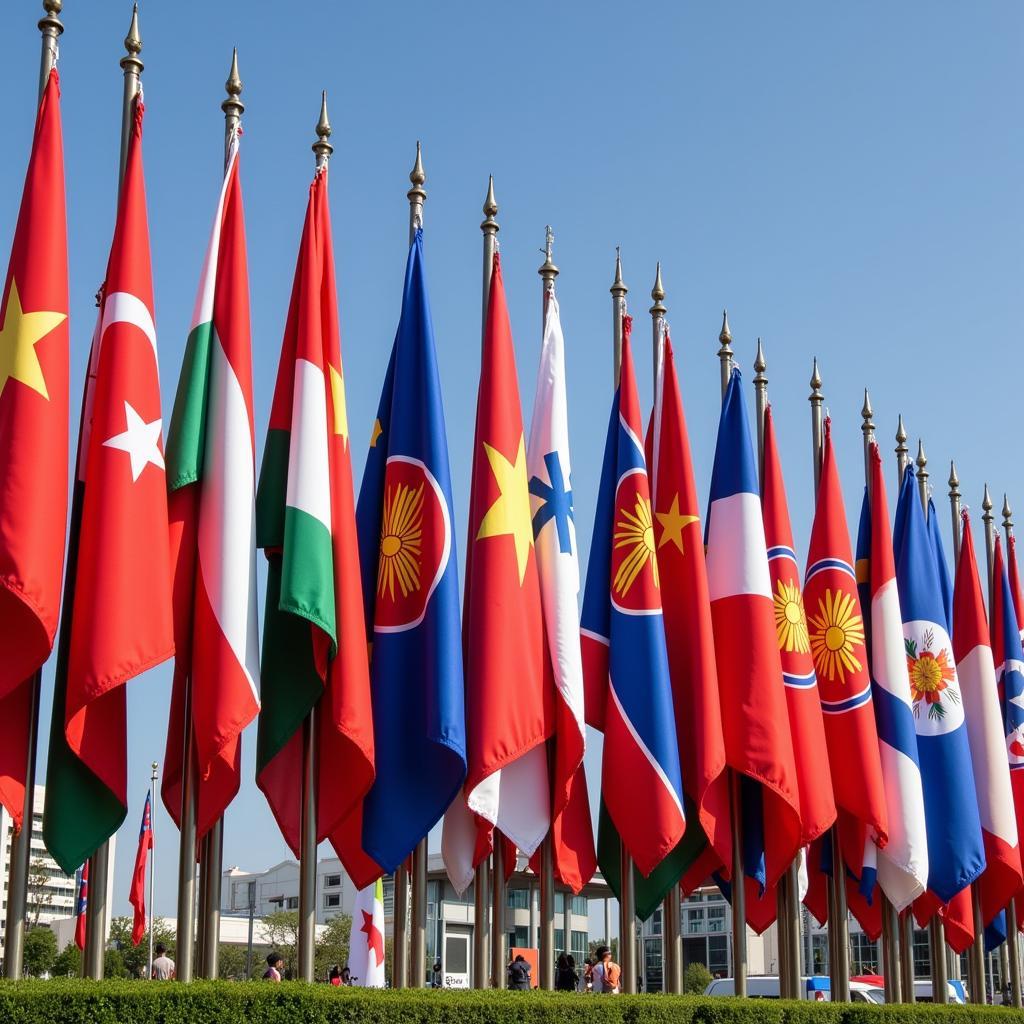The plight of the Rohingya people, a Muslim minority group facing persecution in Myanmar, has become a pressing humanitarian crisis with significant implications for ASEAN. The exodus of hundreds of thousands of Rohingya refugees into neighboring countries, particularly Bangladesh, has strained resources and tested regional stability. ASEAN, with its focus on regional cooperation and conflict resolution, faces a critical test in addressing this complex issue.
Understanding the Roots of the Crisis
The Rohingya crisis stems from decades of systemic discrimination and violence against the Rohingya population within Myanmar. Denied citizenship and basic rights, the Rohingya have endured waves of displacement and human rights abuses, often characterized as ethnic cleansing. This pattern of violence escalated dramatically in 2017, forcing a mass exodus of Rohingya fleeing for their lives.
ASEAN’s Response and Challenges
ASEAN has faced criticism for its perceived inaction and muted response to the Rohingya crisis. The organization’s principle of non-interference in the internal affairs of member states has limited its ability to directly address the situation in Myanmar. However, ASEAN has taken some steps to address the humanitarian consequences of the crisis, providing aid and facilitating dialogue.
Balancing Principles and Action
The Rohingya crisis presents a significant dilemma for ASEAN, highlighting the tension between its core principles and the need for decisive action. Finding a balance between upholding non-interference and addressing a humanitarian catastrophe within its borders remains a challenge.
International Pressure and Engagement
The Rohingya crisis has garnered international attention, with the UN and human rights organizations condemning the violence and calling for accountability. ASEAN has faced pressure to play a more proactive role in resolving the crisis and ensuring the safe and dignified return of Rohingya refugees.
The Path Forward: Seeking Sustainable Solutions
Addressing the Rohingya crisis requires a multi-faceted approach that addresses both the humanitarian needs and the root causes of the conflict.
-
Humanitarian Assistance: Continued humanitarian aid and support for Rohingya refugees in neighboring countries are crucial.
-
Repatriation and Reintegration: Creating conditions for the safe, voluntary, and dignified return of Rohingya refugees to Myanmar is essential.
-
Addressing Root Causes: Addressing the systemic discrimination and persecution faced by the Rohingya in Myanmar is fundamental to achieving a lasting solution.
-
Dialogue and Reconciliation: Fostering dialogue and reconciliation between the Rohingya community and the Myanmar government is critical for building trust and lasting peace.
Conclusion
The Rohingya crisis represents a complex and enduring challenge for ASEAN. Balancing its principles of non-interference with its commitment to regional peace and stability requires a nuanced and proactive approach. By working collaboratively with member states, international organizations, and the Rohingya community, ASEAN can strive towards a just and durable solution to this humanitarian crisis.
